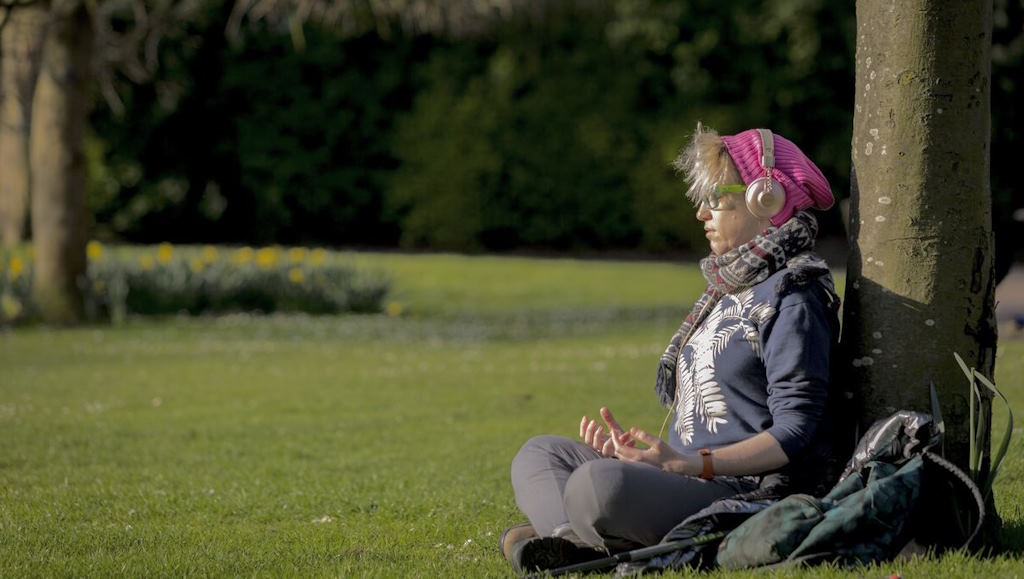How Parks Contribute to Mental Health and Well-Being
Product Information
Strong evidence suggests that spending time in nature can improve our mental health. Research has indicated that reduced exposure to natural environments is associated with increased rates of stress, mental exhaustion, anxiety, and depression. Regular outdoor and natural environment interaction can lower stress and improve quality of life, which can be the therapeutic power of parks on mental well-being.
Exercise has numerous positive effects on mental health, and outdoor physical activity in natural environments offers additional psychological and cognitive advantages. Spending time in green spaces can make you feel happier and healthier through a strenuous hike through rugged terrain or a gentle mindfulness walk in your local park.

Evidence Shows That Parks Are Excellent for Environmental, Mental, and Physical Health
- Parks help to prevent obesity and the risk of many diseases by providing an excellent environment for the role of parks in promoting emotional balance.
- Parks offer an opportunity to strengthen social bonds through organised group activities and unstructured interactions. Since lonely people are more likely to become ill and pass away at an earlier age, social connections are beneficial to health.
- Parks enhance urban settings and assist in shielding locals from the increasing risk of climate catastrophes, such as heat waves and catastrophic flooding, as well as other hazards to their health, like air, noise, and light pollution.
Important details:
- Utilising green spaces is linked to a 43% lower risk of poor general health and a 40% lower risk of being overweight or obese.
- Living near a park increases one’s chances of meeting the daily recommended physical activity by 24% and reduces the likelihood of being physically inactive by 20%. Access to parks correlates with higher levels of physical activity.
- Residents who have access to parks report better mental health and well-being; every additional time they spend in nature’s role in mental health enhancement settings each week, their chance of experiencing poor mental health is lowered by 6%.
- People’s physical and mental health are known to benefit from parks and other green spaces. Camden’s excellent parks and green spaces offer many opportunities for visitors to improve their overall health and well-being.
“Interaction with an urban environment has been associated with increased capacity to manage life’s stressors, enhance attentiveness, lower job-related stress, improve work productivity, and” according to the National Institutes of Health boost one’s own esteem. Companies that collaborate with Parks can help find a solution. Through Parks’ partnerships with funding organisations, well-designed green spaces can be added to underutilised areas, allowing for new uses and optimal community utilisation.



